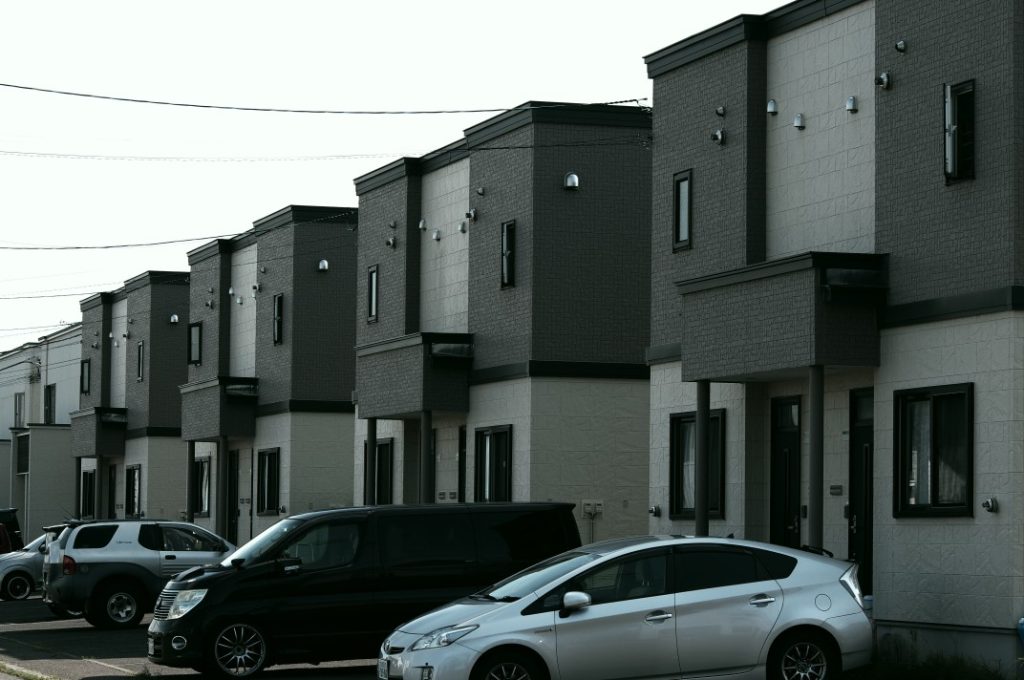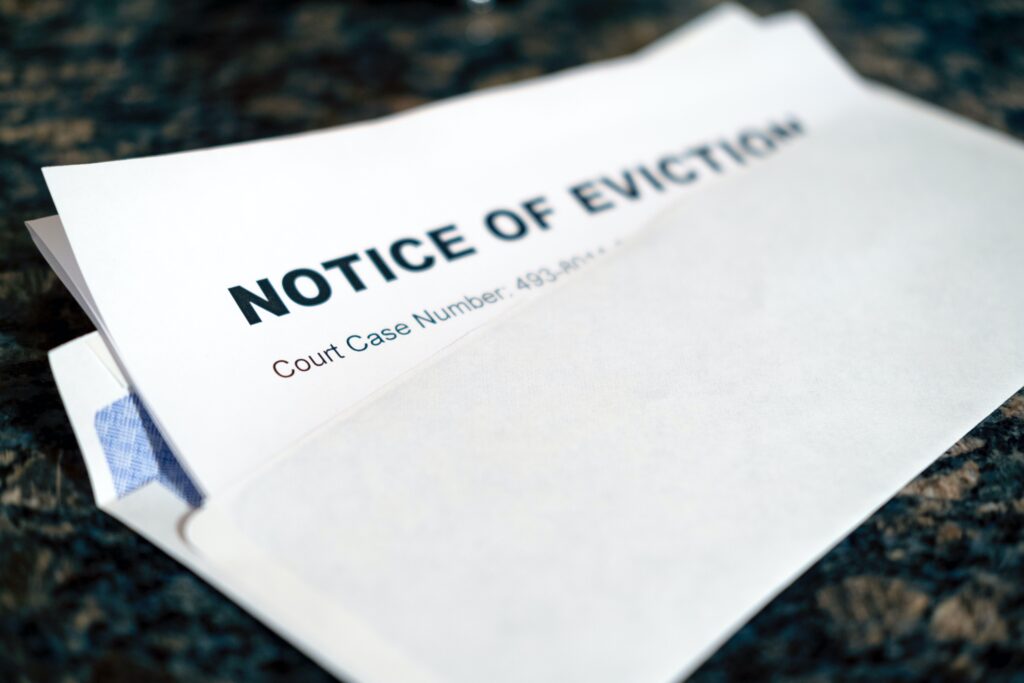Ground rent charges ended for new leases in England and Wales in June 2022. The change came after years of complaints about unfair costs and rising fees. The ban stops freeholders charging ground rent on most new residential leases. But many existing leaseholders still pay these charges. Here’s what you need to know about the current state of ground rent, who pays it and upcoming changes that might affect you.
Overview of ground rent reform efforts
Ground rent payments began centuries ago when landowners let others build on their land. These charges became standard in property deals, and many Victorian homes still carry ground rent from their original construction.
Reform efforts started with the 1967 Leasehold Reform Act, giving long leaseholders the right to buy their freehold. But ground rent remained, often rising sharply over time.
By 2016, some new builds carried ground rents that doubled every 10 years, making homes hard to sell or remortgage. Media stories highlighted cases where ground rent started at £250 per year but would reach £8,000 annually after 50 years.
This sparked action from MPs and campaign groups. The Competition and Markets Authority investigated in 2019 and found serious problems. Major housing developers faced legal pressure to change unfair ground rent terms. The government then promised to ban ground rent on new leases, a change that finally took effect in 2022.
Key reforms in recent years
The 2022 Ground Rent Act brought major changes. Since June 30, 2022, landlords can’t charge ground rent on new residential leases in England and Wales. The ban covers most new leases and lease extensions.
But the law left existing leaseholders paying ground rent. This sparked calls for wider reform, leading to the Leasehold and Freehold Reform Act 2024. This new law promises more help for leaseholders, including:
- Making it cheaper to extend leases or buy freeholds
- Extending leases to 990 years with zero ground rent
- Giving more leaseholders rights to extend leases and buy freeholds
- Stopping new leasehold houses being built
- Making service charges clearer
Most parts of the 2024 Act, however, aren’t working yet. They need extra laws to start working, which the government plans to introduce over time. The Housing Minister outlined these plans in November 2024, noting some parts of the Act need fixing first.
Looking ahead, the government plans to publish new rules in 2025 about:
- Restricting new leasehold flats
- Helping existing leaseholders with ground rent
- Protecting homeowners on private estates
When will ground rents be abolished?
Right now, ground rent rules work differently for new and existing leases. Since June 2022, new leases can’t include ground rent charges. But if you have an older property, you might still pay ground rent, even if you bought the property second-hand after 2022.
The 2024 Leasehold Reform Act aims to help. Under this law, when leaseholders extend their lease, ground rent drops to zero (called a “peppercorn” amount). This matches the benefit that new leaseholders were given back in 2022.
But there’s a catch.
The 2024 Act needs extra laws to work, and the current Labour government says it wants to act quickly but needs to fix some problems first. Most changes should start between 2025-2026.
The government plans more changes through a new bill in 2025. This might tackle ground rent for all existing leases. But the timing isn’t certain yet.
The Law Commission’s work from 2020 backs these changes. They suggested ways to make leasehold fairer and cheaper. Many of these ideas shaped the 2024 law.
When might it happen? Housing experts think full ground rent reform will take time:
- Draft bill coming in 2025
- Changes might start 2026-2027
- Full reform could stretch into late 2020s
The delay comes from legal hurdles, like compensating freeholders and checking human rights laws work with the changes.
How ground rent abolition impacts freeholders
Here’s how ground rent changes affect both new buyers and existing leaseholders, along with the wider effects on property values and the market.
New leases
If you’re buying a brand new leasehold property now, you won’t pay any ground rent, which saves money and makes owning a flat simpler. You also avoid the risk of rising ground rent costs that troubled many leaseholders in the past.
Existing leases
The 2024 Act promises big changes. You’ll be able to extend your lease to 990 years, much longer than the usual 99 or 125 years. When you do this, your ground rent will drop to zero.
The law says these extensions should be “cheaper,” but hasn’t set exact costs yet. Many leaseholders are waiting to extend their leases until these rules start working, hoping to save money and get the longer 990-year term.
Property values
These changes could boost flat prices significantly. A 990-year lease with no ground rent makes a property much more attractive to buyers. Banks also prefer lending on properties with very long leases.
Changes and criticism of the current reform path
If you own a leasehold flat, you might be caught in a tricky spot. The 2024 reforms promise cheaper lease extensions of 990 years with no ground rent. But most of these changes aren’t working yet, and won’t until at least 2025.
The 80-year problem
Many leaseholders face a tough choice. Their lease length keeps ticking down toward 80 years, an important point when extension costs jump sharply due to “marriage value.” Do you extend now at current prices, or wait for potentially cheaper rates under the new laws?
Slow progress
The 2024 Act has other issues:
- Most changes need extra laws to work
- Legal challenges from freeholders could cause delays
- Mixed-use buildings (like flats above shops) create extra hurdles
- The Land Registry needs time to handle millions of updates
Freeholders may also demand compensation for losing ground rent income. Some say it’s their legal right under human rights laws. This could mean more delays while the government sorts out who pays what.
Selling your leasehold without the fuss
Selling a leasehold can be difficult, especially with factors around ground rent doubling or if there’s a short lease making your flat undesirable. Most mortgage lenders won’t lend on leases under 85 years, limiting your pool of buyers to cash purchasers.
Here are your main options:
Extend the lease first
This adds value and opens up your market to mortgage buyers. But it takes time—usually three to six months—and you’ll need funds to cover the extension costs.
Sell at a lower price
Cash buyers might consider your flat if the price reflects the short lease. You’ll get less money, but could complete the sale in two to four weeks in some cases.
Auction
Auction houses remain another option for selling short-lease properties. The process is transparent and attracts serious cash buyers. Once the hammer falls, contracts exchange immediately with completion typically within 28 days. However, you’ll need to cover auction fees and there’s less certainty about the final sale price.
Cash-buying company
Property Rescue offers a reliable way to sell your short-lease flat. We’ll give you an offer within 24 hours and can exchange contracts within a week. Our service includes free legal support, and we’ll cover all costs including solicitor fees, surveys and valuations. Once we make an offer, the sale is guaranteed. Get a free, no-obligation quote to see how much your property is worth.
Leaseholds
If you own a leasehold property, stay informed about the upcoming changes to ground rent rules. While new laws promise significant improvements, most changes won’t start until 2025 or 2026. Consider your options, especially if your lease is approaching 80 years, and seek professional advice before making any major decisions









